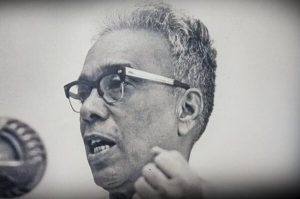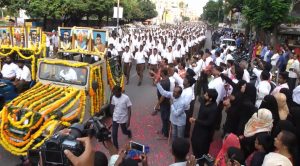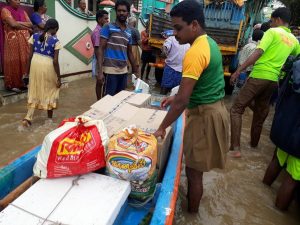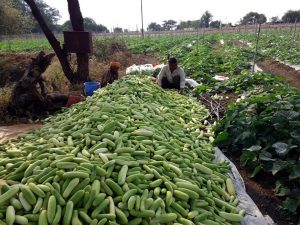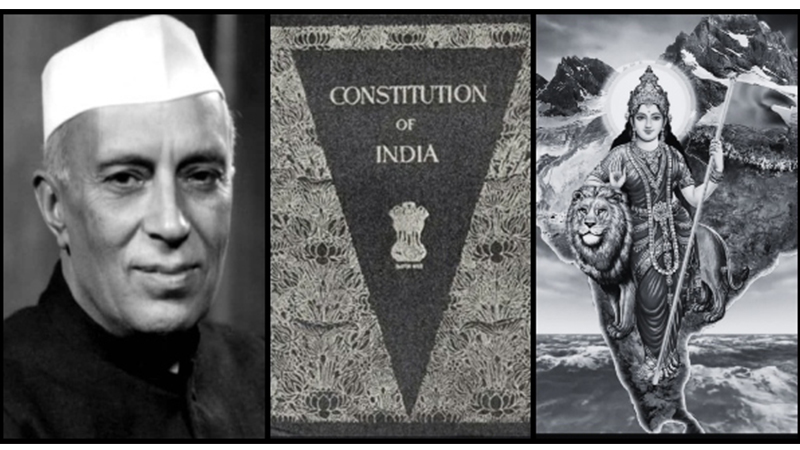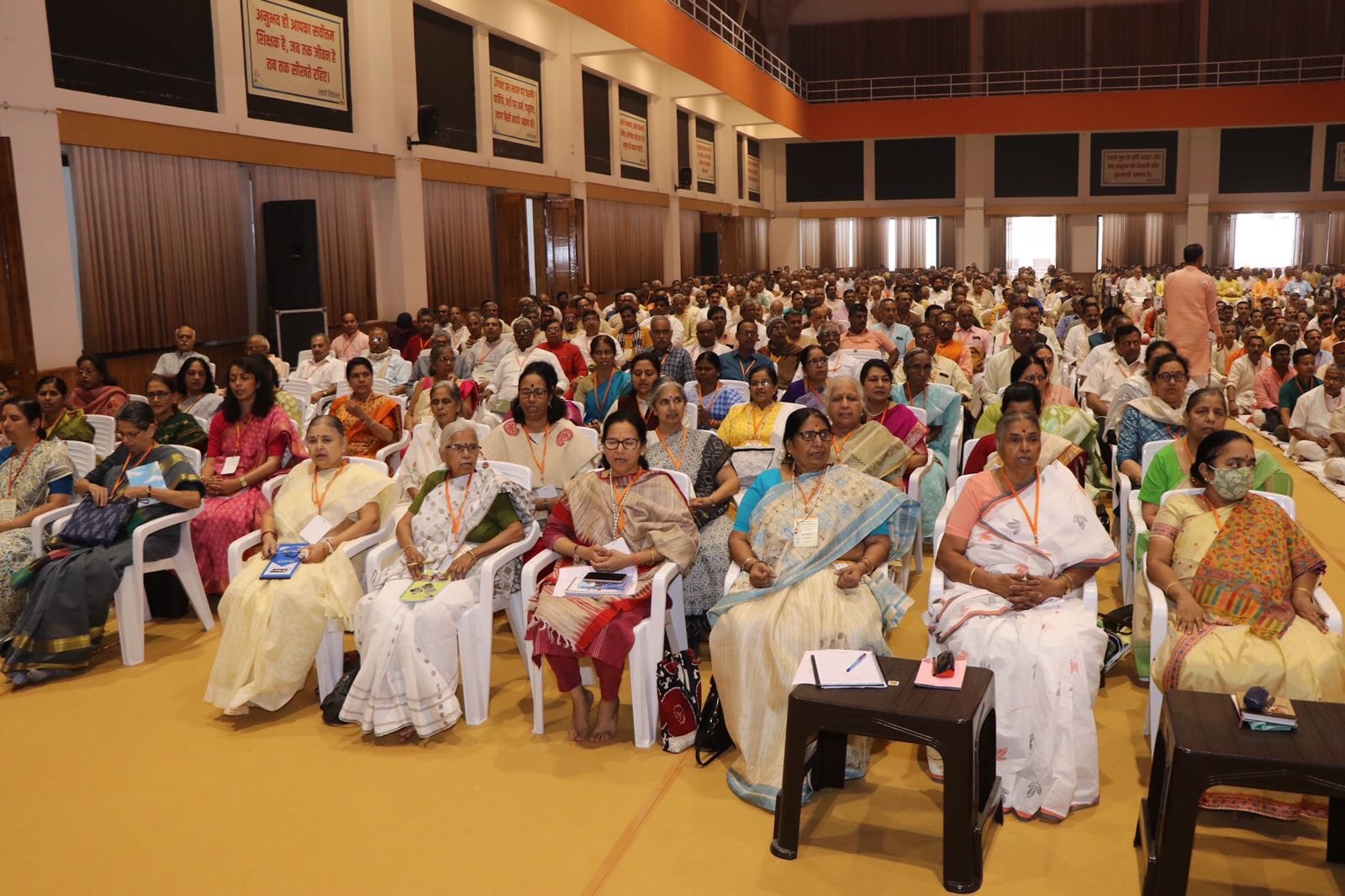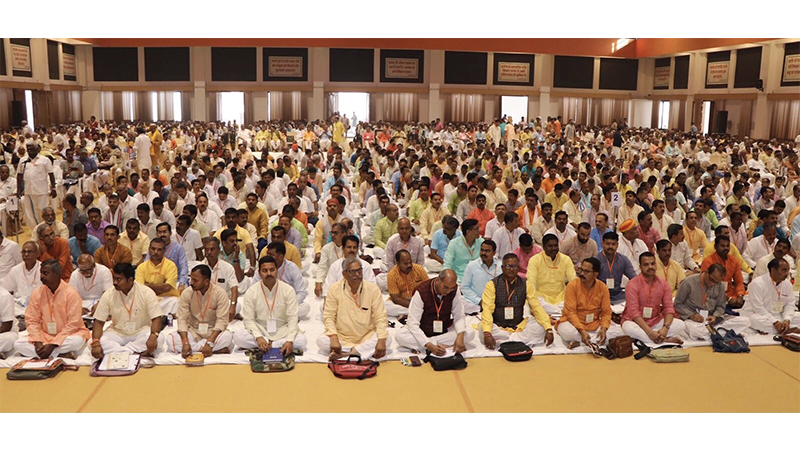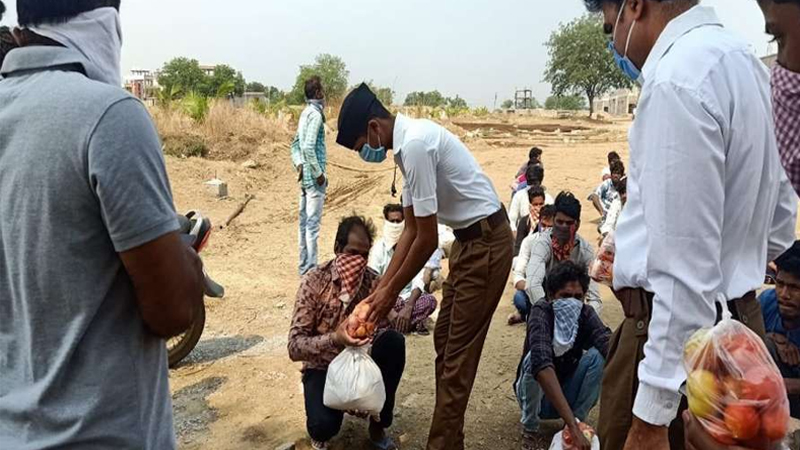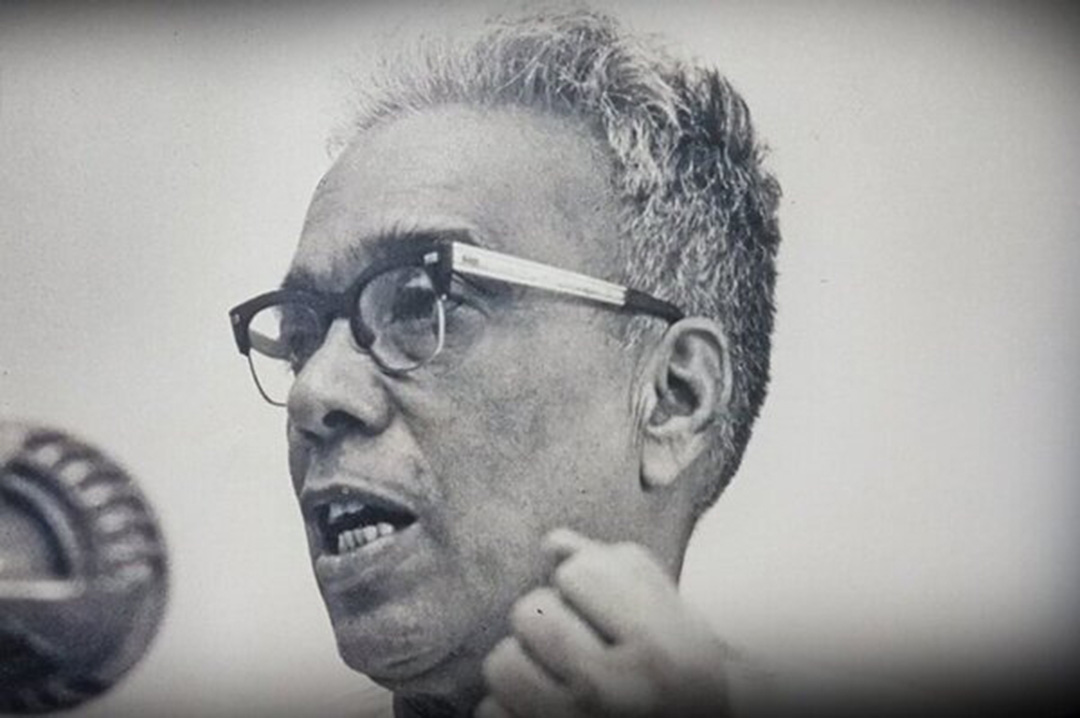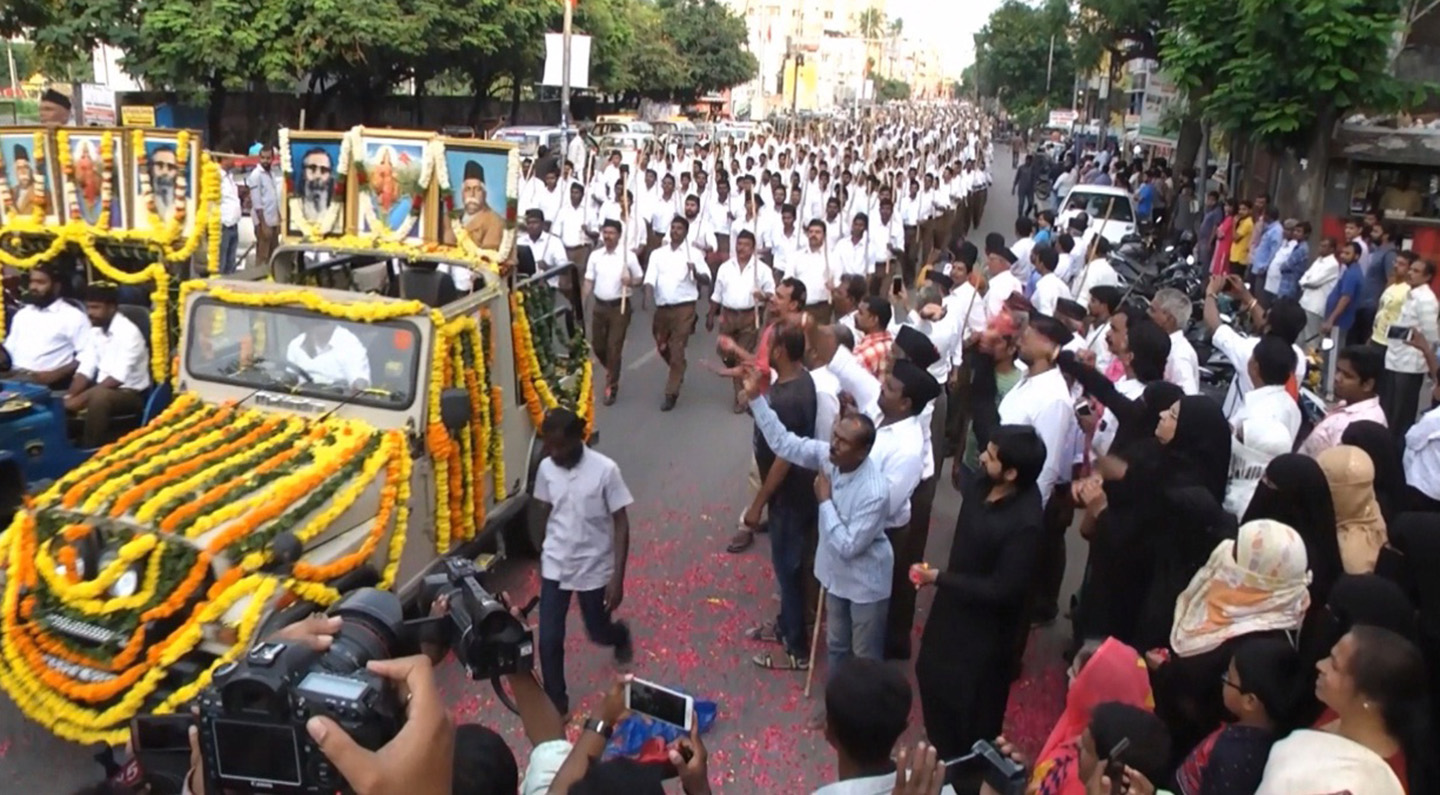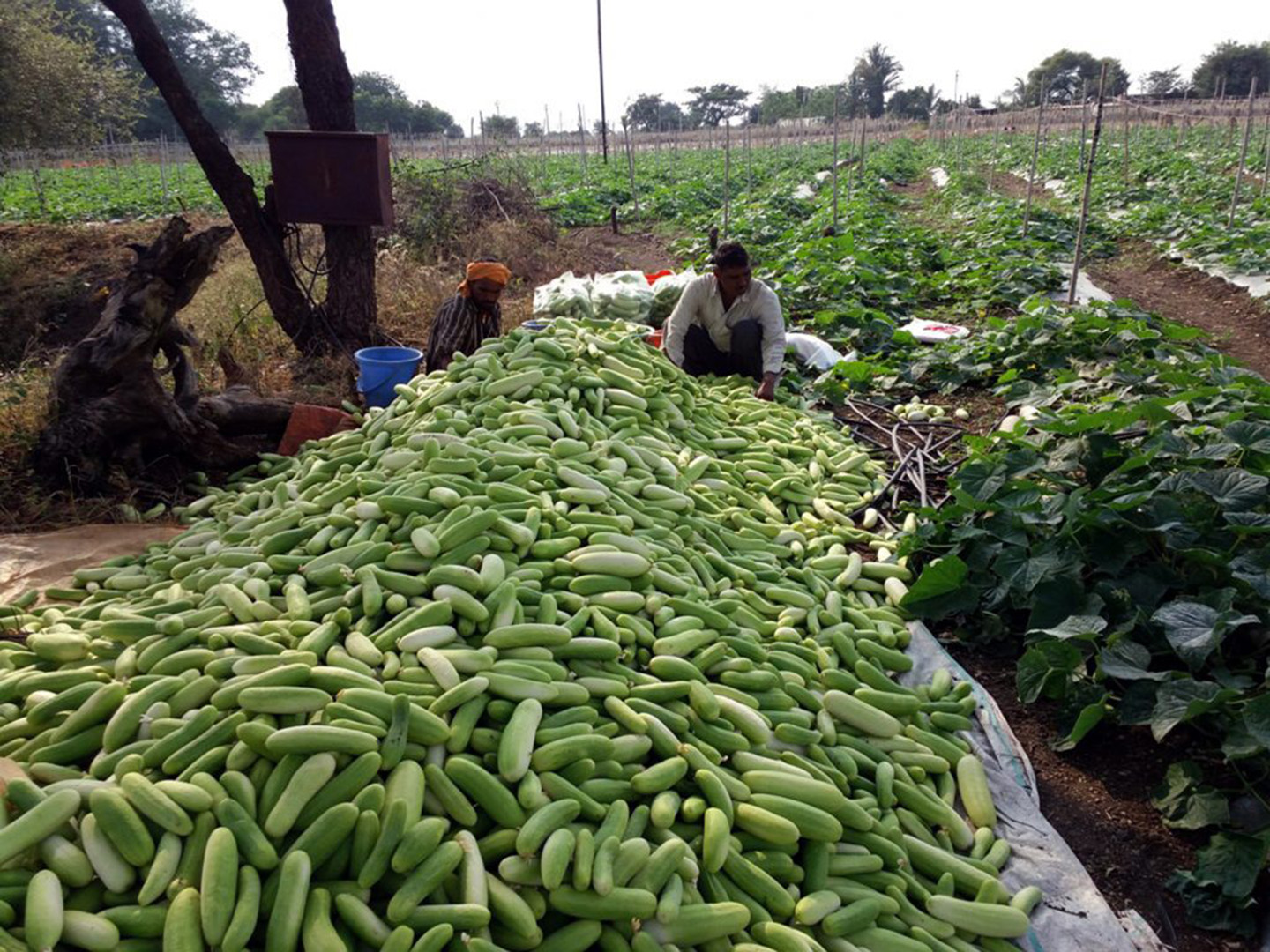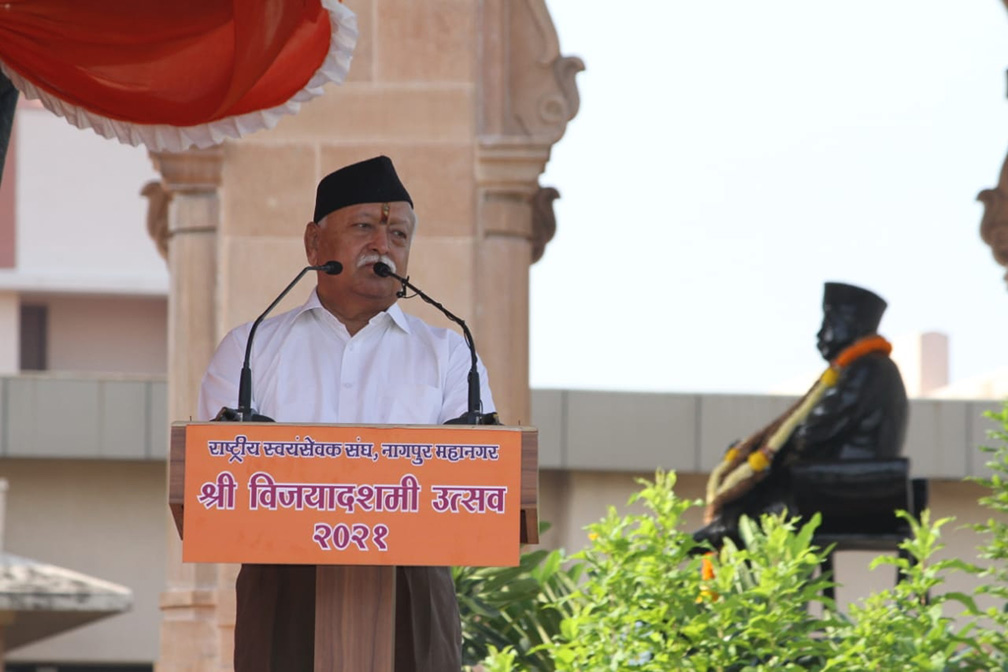What is RSS
Updated: March 17, 2023 5:05
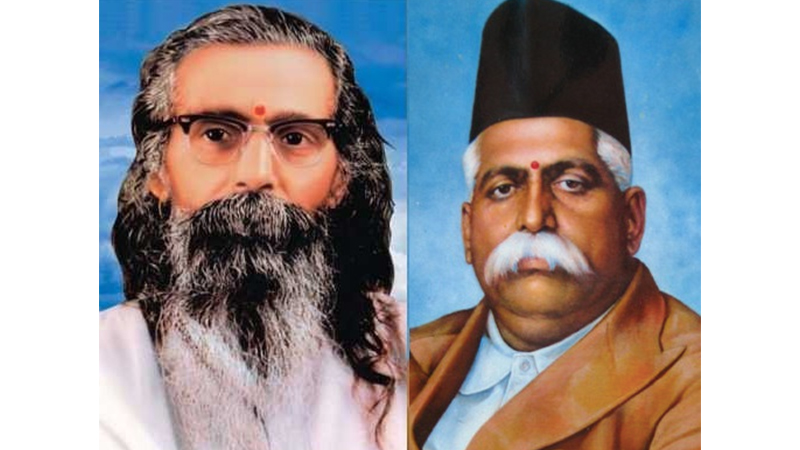
Que: What is RSS? When and where was it founded?
Ans: RSS stands for Rashtriya Swayamsevak Sangh(RSS). It is the largest voluntary organisation in the world that works for social transformation. It was set up in Nagpur in 1925. Nagpur is a city in the Indian state of Maharashtra.
Que: What is the objective of the RSS?
Ans: The objective of the RSS is to unite all Hindus and bring transformation where people believe in serving others. Once Hindus are united, then they can help and show the way to the the rest of the world in resolving their conflicts, living in harmony with nature and serving the poor and the marginalised to empower them so that there is social equality and everyone in the world can realise her own potential. The core ideology of the RSS is based on some important dictums that have originated from Indian spirituality. Here are some of them (those in italics are in Sanskrit drawn from various spiritual texts that date back to thousands of years, the broad meaning is given in English along with these dictums)
-Vasudhaiv Kutumbakam( The whole world is one family)
–Sarve Bhavante Sukhinah, Sarve Santu Niramayah (May everyone be happy and healthy)
– Aano bhadra krtavo yantu vishwatah (Let noble thoughts come to me from all directions)
– Ekam Sat Vipra Bahudha Vadanti(There is only One God but sages and the wise people call it by different names)
– Tamso Ma Jyotirgamaya is (From darkness, lead me to light)
Inspired by these dictums, the RSS runs more than 200 thousand welfare projects on the ground within India that cater to the poor, the marginalised and the less empowered sections of the society. The beneficiaries of these projects can be found cutting across caste, creed, religion, gender, age. These activities are overseen by the Sewa Vibhag(Service Wing) of the RSS. There are several organisations set up by the RSS volunteers which are working to serve the poor and the needy in India. You may call them RSS inspired organisations. To name a few: Sewa Bharati ( It works for the urban and the rural poor), Akhil Bharatiya Vanvasi Kalyan Ashram( It works for the welfare of tribals), Vidya Bharati(It works in the field of school education), Ekal Vidyalaya(These are single teacher schools in remote areas where even government departments can’t reach) etc.
Que: Who founded the RSS?
Ans: The RSS was founded by Dr. Keshav Baliram Hedgewar. He was a medical doctor and a resident of Nagpur. He was a freedom fighter who participated in India’s freedom struggle and was jailed by the British twice who were ruling in India at that time. Dr. Hedgewar was born on the first day of the Hindu new year in the year 1889. He passed away on 21 June 1940. He never married as he had dedicated his life to the country and for building RSS as an organisation. Dr Hedgewar headed the RSS from 1925 upto 1940 . He was designated as Sarsanghchalak. It can be broadly translated as Chief Mentor.
Que: Who is present Sarsanghchalak(Chief Mentor) of the RSS? How many Sarsanghchalak RSS had since its inception?
Ans: The present Sarsanghchalak of the RSS is Dr. Mohan Bhagwat. He is a veterinary doctor who has devoted his life for the service of the country. The other five Sarsanghchalaks in the past have been
Dr KB Hedgewar(Founder; 1925-1940)
MS Golwalkar(1940-1973)
Madhukar Dattatreya Deoras( 1973-1994)
Professor Rajendra Singh( 1994-2000)
Kuppalli Sitaramayya Sudarshan (2000-2009)
Dr. Mohan Bhagwat( 2009 onwards)
Que: What kind of training RSS gives to its volunteers?
Ans: The RSS trains its volunteers through some physical games, spiritual and intellectual discourses. The volunteers meet everyday at the local playgrounds for an hour where these activities are carried out. But most importantly, the RSS trains its volunteers to act swifty to work for relief and rehabilitation during period of crisis or natural calamity. The RSS volunteers are generally the first one to reach at any such places. During Covid pandemic also, the RSS volunteers carried out nationwide relief and rehabilitation efforts which was appreciated by all sections of the society(For more details, you can visit the ‘Articles’ section where indepndent media reports about the RSS’ work during Covid pandemic in India have been collated).
Que: Does RSS has any political leanings?
Ans: The RSS is a non-political organisation. It is a socio-cultural organisation. However, many RSS volunteers are part of the Bharatiya Janata Party(BJP) by their own choice. The RSS has never issued any statement or asked its members to support or oppose any political party. It does, however, encourage more and more people to come out and vote during elections at various levels to strengthen Indian democracy.
Que: What is the RSS’ stand on religious minorities in India?
Ans: The RSS doesn’t consider the word ‘Hindu’ to be limited to a particular way of worship. According to various RSS texts and their officials’ statements, every Indian should be free to chose her way of worship. Anyone who considers India to be his or her motherland is a Hindu. So Muslims, Christians, Jews, Parsis can pursue their religious practises and they can be Hindu also. Being Hindu and pursuing any particular religion isn’t contradictory. However, the critics of the RSS have termed it as anti-Muslim and anti-Christian. Incidentally, there are large number of Muslims and Christians who are part of the RSS and organisations run by its volunteers. There is also a substantial chunk of minorities which gets benefitted by the welfare projects run by the RSS.
There are some fringe elements, who sometime, take extreme stands. But they are not part of the RSS. The sixth and the present Sarsanghchalak of the RSS has said it multiple times that the forefathers of all those living in India are same, so they are all part of the same society even though their ways of worship might differ as a section of Indians were forcibly converted into Islam and Christianity during India’s Islamic invasion and rule of Islamic rulers in parts of India from 8th to 17th century and then during the colonial rule of the British, French and the Dutch from 16th upto middle of the 20th century. The RSS’ stand is that all of them have been part of the Hindu society and they would continue to remain so as their cultural practises, traditions and even family names have remained unchanged even after their religious conversion.
Que: What is the RSS’ stand on gender equality?
Ans: Do women play any role in the activities of the Rashtriya Swayamsevak Sangh (RSS)? Does the RSS oppose feminism? Is the RSS in favour of women working outside their homes and entering public life?
These are frequently asked questions about the RSS’s ideas about women. But contrary to the common belief that women hardly have a role in its activities, there has been an increased emphasis on their growing role in the organisation over the last two-and-a-half decades.
In fact, the RSS has set up a separate coordination group for women-related activities, called the ‘Mahila Samanvay’(Women Coordination).
A whole team of women activists from various RSS inspired organisations, such as the Akhil Bharatiya Vidyarthi Parishad, the Bharatiya Mazdoor Sangh (BMS), the Vishva Hindu Parishad and the Vanvasi Kalyan Ashram work with Geetatai of Mahila Samanvay.
Sunil Ambekar, an RSS pracharak(full-timer) and former ABVP organising secretary, elaborated on the changed approach in his recently released book, ‘The RSS Roadmaps for the 21st Century’ : “The impact of such intensive work (on women-related issues) is felt across the parivar (RSS and its affiliated organisations),” he writes. “The lawyers body Adhivakta Parishad organises conferences to spread awareness about legal rights of women at the state and national levels. The attendees are both men and women.”
“Krida Bharati has turned its lens on campaigns for building facilities for women athletes and players. Itihas Sankalan Samiti is working on presenting the history of Indian women and conferences of women historians,” Ambekar adds.
“In 2017, the Bharatiya Mazdoor Sangh organised a massive march in Delhi with two lakh people, one lakh of the activist force were women. Vigyan Bharati started Shakti, a conclave of women scientists. Vanvasi Kalyan Ashram and Samskar Bharati have many women full-timers.”
In 2010, the RSS top brass had attended a two-day brainstorming session to formulate the organisation’s stand on various women-related issues. Then, another important meeting was held in Delhi on 23-24 March 2019, under the aegis of ‘Mahila Samanvay’. It was titled Bharatiya Stree Vimarsha (discourse on Indian women).
According to Ambekar, “It deliberated chiefly on how the issues and challenges of present times can be resolved on the basis of Hindu thought and the family system. This is an ongoing and constructive dialogue within the Sangh.”
On feminism and women working outside the home
The RSS believes that the feminist movement of the West hasn’t worked in India, and what the country requires is the Indian concept of women empowerment.
Ambekar elaborates on this in his book. “The Sangh does not believe in the dictates of straitjackets and isms. It is a comprehensive mission of the society to empower women and remove restrictions of purdah, which came about as a result of a long history of invasions, and to raise educational levels and economic ability,” he writes.
“The Sangh has supported enabling laws and policies. However the moot point is change in social mindsets where each family takes a decision to bring about a qualitative change in the status of women.”
According to senior RSS functionaries, this issue is being addressed through a series of activities under two categories — Parivar Prabodhan (creating awareness in families) and Mahila Samanvay (coordination with women).
The role of women in the RSS
The RSS inspired the women volunteers to have a parallel organisation the Rashtra Sevika Samiti(that can be broadly translated as National Women Volunteer Corps). It was set up in 1936 by Laxmibai Kelkar.
On the lines of the Sangh, the Samiti also has full-timers known as pracharikas. There are currently around 50 full-time women workers in the Samiti, one third of whom are posted in the Northeast.
The Samiti also runs training camps and other programmes of the RSS in their organisation also. At present, it has around 4,900 shakhas(branches where women volunteers meet on daily or weekly basis across the country).
The Samiti’s work has been expanding rapidly, and it has a presence in almost all the sub-divisions in the country. All its posts are held by women; they control its activities.
Both the Sangh and the Samiti work in close coordination to ensure an increased participation of women. In addition, a substantial number of women are working in all the RSS inspired organisations, with several them holding prominent posts and playing leadership roles.
